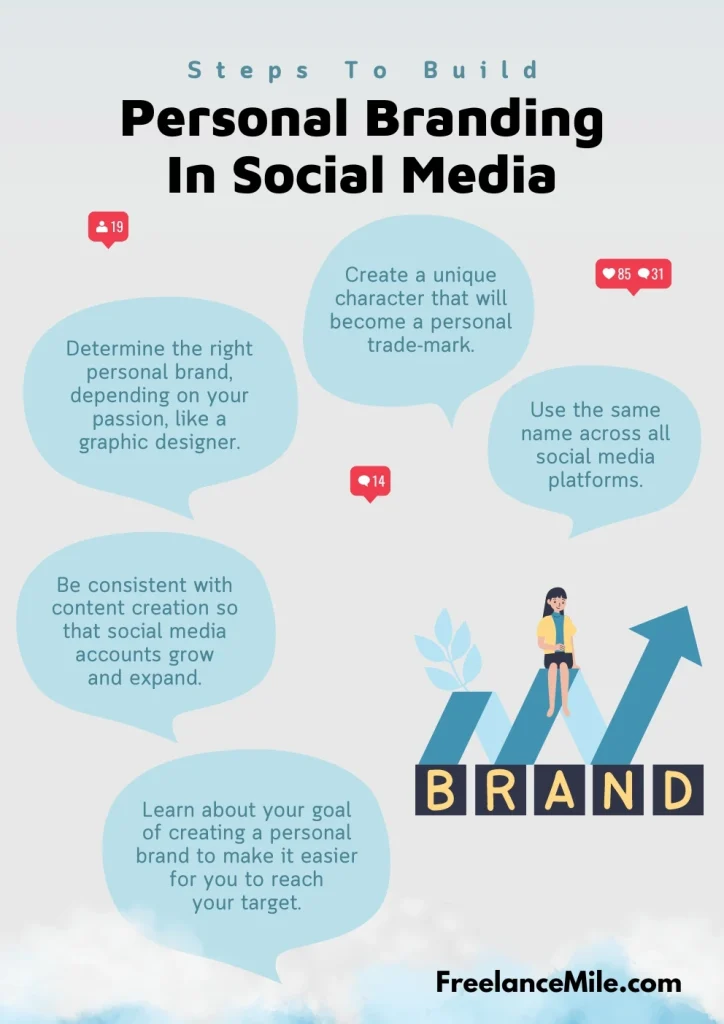To become self-employed, start by finding out what you’re good at and what you love. Pick a business model that fits you. Make a good financial plan, build your brand, and find clients. This path offers freedom and flexibility but needs dedication and smart planning.
For more details, follow the guide below. If you have questions, ask in the comments, and I’ll help.
I was once stuck in a 9-5 job but now I’m my own boss. Being your own boss and setting your own hours is great. But, it’s important to know the good and bad sides.
As an independent contractor, I learned the value of planning and being strong. Starting a service-based business helped me use my skills and earn money fast. This can help you leave the traditional job world and find financial freedom.
The Small Business Administration says small businesses are 99.9% of all U.S. businesses. This shows more people are choosing self-employment. But, it’s not easy. You need to know about self-employment taxes, manage your time, and make sure you have a steady income.
I found that success comes from finding a service that’s needed and fits your skills. You could be a coach, consultant, freelancer, or make digital products. The digital world has made it easier for new entrepreneurs to find clients all over the world.
Key Takeaways:
- Identify your skills and passions before starting
- Pick a business model that aligns with your strengths
- Create a solid financial plan, including budgeting for taxes
- Build your brand & establish a powerful online presence
- Network and find clients through various channels
- Be prepared for challenges and stay resilient
- Continuously learn and adapt to market changes
How to Become Self Employed: A Step-by-Step Guide

Here is a step-by-step guide on how to become self-employed:
1. Develop Your Business Idea
Think of a product or service you want to offer. Make sure people want it.
2. Create a Business Plan
Write a detailed plan. It should include your strategy, who you’re selling to, prices, and how you’ll market. It’s your guide.
3. Choose a Business Structure
Choose how you want to run your business. You can be a sole proprietor, partner, or LLC. Starting as a sole proprietor is easy.
4. Register Your Business
Register your business with local, state, and federal agencies. You’ll need a license, to register your name, and an EIN if needed.
5. Set Up Business Finances
Open a business bank account & credit card. This keeps your business and personal money separate. Look for funding or loans to start.
6. Organize Your Business Operations
Set up what you need to run your business. This includes an office, equipment, and insurance.
7. Establish Your Brand
Create your business brand. Make a logo, website, and business cards. These help promote your services.
8. Start Selling and Marketing
Start selling and marketing your services. Use your network, social media, and email to attract customers.
9. Manage Finances and Taxes
Keep good records of your money. Understand your taxes and save for them.
10. Grow Your Self-Employed Business
Keep improving your service and getting customer feedback. Grow your business as you get more customers. Becoming self-employed takes effort but offers freedom and flexibility.
Understanding Self-Employment: Is It Right for You?
More than 16 million Americans now work for themselves. This is because traditional jobs are changing. It’s important to see if working for yourself fits your goals and skills.
Benefits of Self-Employment
Working for yourself has many good points. You can set your own pay and choose who you work for. You also might earn more money. Plus, you can work when you want and have a better life balance.
Challenges of Being Your Own Boss
Being your own boss has its downsides too. You might not always know how much money you’ll make. You also have to pay for your own benefits. You need to manage your time well and stay motivated without a boss.
Assessing Your Skills and Passions
Before you start working for yourself, think about what you’re good at and what you love. Decide if being a sole proprietor or LLC is best for you. Think about how much risk you can take and if you’re ready for things like bookkeeping and taxes.
| Self-Employment Aspect | Consideration |
| Income | Potential for higher earnings, but may be inconsistent |
| Taxes | Quarterly estimated payments required |
| Business Structure | Choose between sole proprietorship or LLC |
| Skills Needed | Time management, self-motivation, client relations |
Self-employment isn’t for everyone. But if you’re up for the challenge, it can be very rewarding.
Choosing the Right Business Model for Your Skills
Finding the right business model is key to success in self-employment. With 16.2 million self-employed in the US, it’s important to find your niche. I’ll show you popular options that match different skills and goals.
Service-Based Businesses
Service-based businesses are perfect for those with special skills. You can be a freelance writer or virtual assistant. These jobs are flexible and have low startup costs, great for new entrepreneurs.
Online Business Options
The digital world offers many chances. You can start an e-commerce, sell digital products, or create online courses. These models let you reach people worldwide and often have lower costs than physical stores.
Freelancing and Consulting Opportunities
Freelancing and consulting let you work with many clients. As a freelancer, you can write or design graphics. Consultants give expert advice, helping clients solve problems and set goals.
| Business Model | Startup Costs | Scalability | Flexibility |
| Service-Based | Low | Medium | High |
| Online Business | Medium | High | High |
| Freelancing | Low | Low | Very High |
| Consulting | Low | Medium | High |
The best business idea for you depends on your skills, interests, and target market. Look at successful entrepreneurs for inspiration. With the right approach, you can earn like top executives.
Financial Considerations for Self-Employment
Starting your own business is exciting but also comes with challenges. As a gig worker or self-employed person, you face a new financial world. You’ll need to budget, handle taxes, and fund your business.
Budgeting for Your Transition
Creating a good budget is key to financial freedom. You must plan for startup costs, living expenses, and income gaps. It’s smart to keep a part-time job or freelance to start.
Remember to save for taxes, retirement, and emergencies too.
Understanding Self-Employment Taxes
Self-employed people have special tax rules. You pay both the employee and employer parts of Social Security and Medicare taxes. This is 15.3% of your net earnings.
The IRS wants you to make quarterly tax payments if you owe $1,000 or more in taxes.
| Tax Type | Rate | Income Limit |
| Social Security | 12.4% | Up to $168,600 |
| Medicare | 2.9% | All net earnings |
Securing Funding for Your Business
Finding money for your business is a big worry. You might look at small business loans, grants, or crowdfunding. It’s crucial to compare these options to find the right one for your business.
Talking to a financial advisor can assist you make the best plan. They ensure you follow the rules.
Building Your Brand and Finding Clients
As a self employed person, building a strong brand is very important. Personal branding helps you stand out and attract customers. I create a unique image that shows my skills and personality.
I use social media like LinkedIn to build my brand. It helps me find clients and grow my network. I also make content that shows my values. This builds trust with my audience.

Finding clients is hard work. Referrals and word-of-mouth are very helpful. Happy customers often tell others about me. This makes my business look good.
I keep my portfolio simple, with 5-7 strong examples. For each, I explain the challenge, solution, and results. This shows what I can do for clients.
Allow me to share an intriguing fact: Out of nearly 28 million small businesses in America, approximately 22 million are operated by a single person. This statistic highlights the significant number of individuals successfully navigating self-employment on their own.
This quote shows the power of specializing. By focusing on a specific area, I become the expert. This attracts more clients and can increase my income.
Managing admin tasks is key for any self employed business. I use tools for invoicing, scheduling, and talking to clients. This saves time for working with clients.
FAQ
How to become a consultant
To become a consultant, start by finding what you’re good at. Then, think about what problems you can solve for others. Set clear goals for your consulting business.
Consider getting certifications or education to make you more credible. Build a network to find potential clients. Market your services well.
Focus on solving your clients’ problems. This will help you build a strong reputation. Your business will grow over time.
How to become a freelancer
To become a freelancer, first decide what services you want to offer. Think about your skills and interests. Find out who your target audience is.
Set a price for your work that shows its value. Make a website or portfolio to show off your skills. This will attract clients. Use freelance platforms like Upwork and Fiverr to gain more clients.
Start with small projects that you’re good at. As you get more experience, you can take on more clients. This will help you grow your freelancing business.
How to become an independent contractor
Becoming an independent contractor means choosing a business structure. You might choose a sole proprietorship or LLC. Register your business name.
Get any licenses or permits you need for your industry. Apply for a tax ID number to handle your business taxes. You’ll manage your own finances and market your services.
Building a strong network is key. Keeping good communication with clients is also important. These things will help you succeed.
Conclusion and the Future Predictions
Thinking about self-employment, I see lots of chances. The gig economy is growing fast. In 2023, 64 million Americans were freelancing. This change is big and is changing how we see work and money.
For those running small businesses or working as independent contractors, things look good. Eighty-six percent of freelancers think their best days are coming. With more people working from home, the Small Business Administration expects more to start their own businesses. It’s important to be flexible and have a good plan.
Technology will be very important for self-employment in the future. AI might take some jobs, but it will also create new ones. As a business owner, I’m looking forward to new ideas. The freelance market is expected to grow at a very rapid pace. To do well, we must keep learning and be open to change. The journey to financial freedom through self-employment is challenging, but it’s also very promising.






